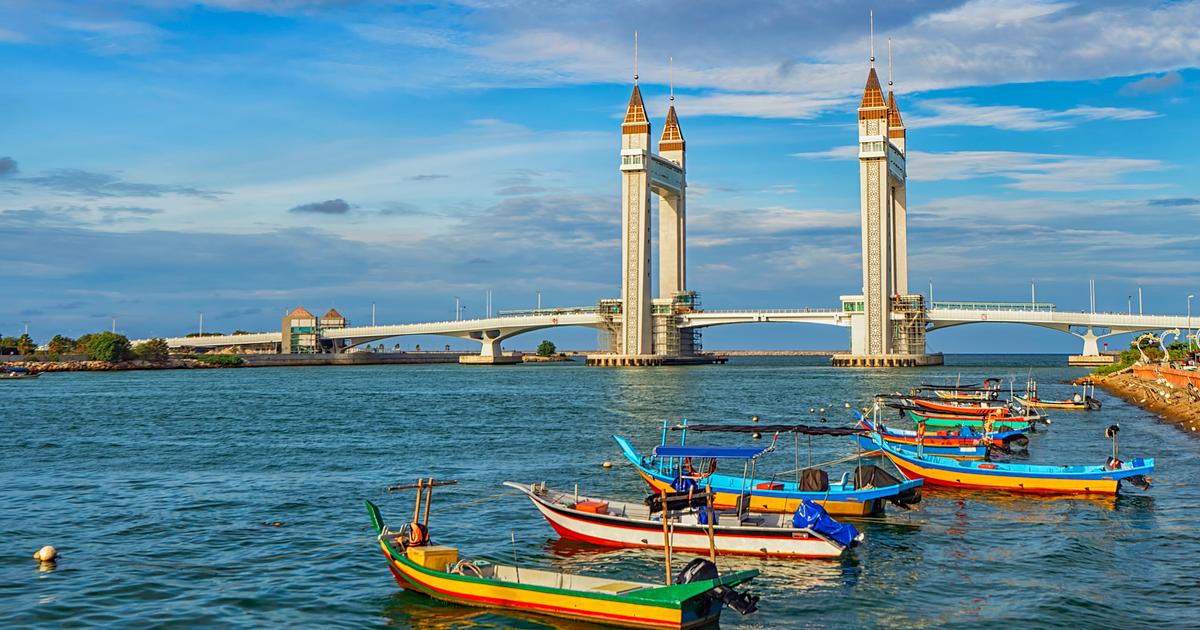RECENTLY, a couple was arrested for cheating. The victim paid online for booking a homestay at Jalan Pasir Panjang in Kuala Terengganu, only to discover later the facility was non-existent.
This prompted State Tourism, Culture and Digital Technology Committee deputy chairman Sulaiman Sulong to issue a statement advising tourists planning to holiday in Terengganu to obtain tourism service through licensed agents.
He said guides for tourist destinations are available from the State Tourism Development Department’s social media sites such as Facebook, Instagram, Twitter, and YouTube.
He added that the list of licensed tourism agents can be found on the Ministry of Tourism, Arts and Culture (MOTAC) website.
The advice may be well intentioned but of little help. It also shows the disconnect between those perched on the top in tourism with what is really happening on the ground.
To begin with, the main reason for most tourists in choosing homestays over licensed hotels is that they wish to pay less for similar accommodation.
And unlike the Malaysia Homestay Programme by MOTAC, ordinary homestays are unlicensed and unregistered, with operators advertising online or placing a small signage by the roadside. Such homestays are unlikely to be listed on the websites of MOTAC or a state government agency.
And neither would registered tourism agents be selling unlicensed homestays as companies regulated under the “Tour Operating Business and Travel Agency Business” are not allowed to deal with unlicensed tourism operators.
In any case, many online shoppers will continue to be scammed. Those always looking for bargains are particularly vulnerable, and even those casually surfing the internet could be enticed by irresistible offers that are too good to be true but still get sucked in.
There should be a systematic way to keep track of cheap or suspicious online offers for holiday services but without having to employ staff just to do such work. Instead, the State Tourism, Culture and Digital Technology Committee could form a task force to tackle online scams.
Private sector personnel such as those from hotels, homestays and travel agents could be roped in to conduct surveillance and a mechanism be put in place to facilitate reports of fraudulent activities so that the police could conduct sting operations without delay and scammers apprehended.
If this were to be done in all states in the country, it will certainly reduce the number of scams targeted at holidaymakers, although it would be impossible to wipe out all online cheating cases as many people will continue to be greedy, frightened, hungry for love or fear of missing out. – June 19, 2022
YS Chan is Asean Tourism Master Trainer for travel agencies, master trainer for Mesra Malaysia and Travel & Tours Enhancement Course. He is also a tourism and transport industry consultant and writer.
The views expressed are solely of the author and do not necessarily reflect those of Focus Malaysia.










